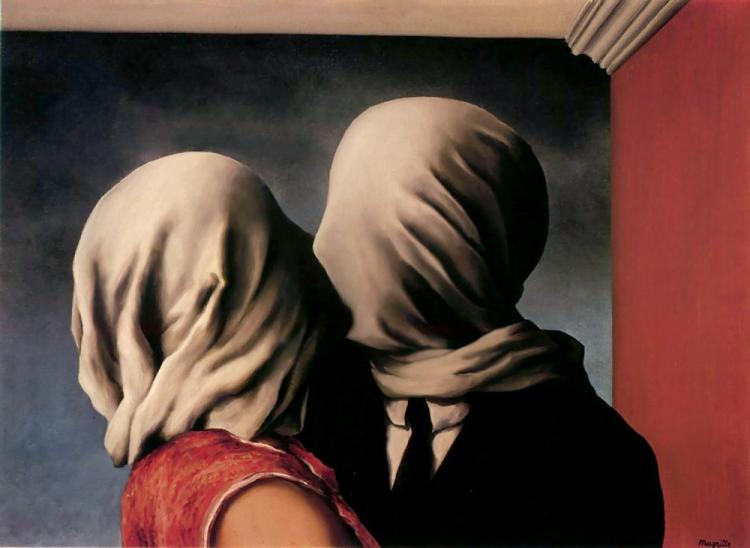I carry the plenum of proof and every thing else in my face,
With the hush of my lips I wholly confound the skeptic.



I sent these lines from Walt Whitman's Song of Myself to my love. We are separated by distance, and so connected by words - by the telephone, internet, skype, by intensely mediated forms of exchange. Most of the time, these lines communicate nothing except that we are thinking of each other. That is the way of love letters. It's the opposite of a telegram - a telegram jams as much information as possible into economical prose. The love letter is fundamentally "empty" - the core of its matter is how the loved one touches the paper you touched. Of course, these days, it's not paper joining us. It's a transcontinental wire, a cable snaking along the ocean's floor.
 Above are three of Tracy Mostovoy's photographs of Julie Tolentino's performance "Cry of Love." Tolentino's face is wrapped in coarse rope which extends from her, across and above the audience. Stosh Fila stands discreetly behind the crowd holding the other end, and pulls. Tolentino unravels before us, rolling over, spinning, being spun. She unwinds. I imagine that the rope ends in her mouth. It is an incredibly simple image. Again I'm reminded of the surrealists, this time: Magritte - like The Lovers, pictured here.
Above are three of Tracy Mostovoy's photographs of Julie Tolentino's performance "Cry of Love." Tolentino's face is wrapped in coarse rope which extends from her, across and above the audience. Stosh Fila stands discreetly behind the crowd holding the other end, and pulls. Tolentino unravels before us, rolling over, spinning, being spun. She unwinds. I imagine that the rope ends in her mouth. It is an incredibly simple image. Again I'm reminded of the surrealists, this time: Magritte - like The Lovers, pictured here. I am thinking of that fairy tale about the two princesses, one who spits roses and diamonds when she speaks, and one who spits frogs and toads. I am thinking about how my love seems to love my talk, and doesn't seem to mind when I bore him. The talk is like a cord, a connection. Something is traveling along it besides sense. And I think of my own dreams, in which I hear my love's voice - no words that I understand, just sound - something from the mouth. (That my thoughts on this become about me reflect how personal this performance feels - not only for the artist, but for her audience.)
I am thinking of that fairy tale about the two princesses, one who spits roses and diamonds when she speaks, and one who spits frogs and toads. I am thinking about how my love seems to love my talk, and doesn't seem to mind when I bore him. The talk is like a cord, a connection. Something is traveling along it besides sense. And I think of my own dreams, in which I hear my love's voice - no words that I understand, just sound - something from the mouth. (That my thoughts on this become about me reflect how personal this performance feels - not only for the artist, but for her audience.)Unwound, let loose, you would think she would seem free. But she seems lost, misplaced. Ron Athey enters the space here (in a matching suit), and they wind around each other. (It is a pleasure to see them move together - this feels new for him.) He drags her off, cleaning up the mess. A friend.
This comment has been removed by the author.
ReplyDeletebrava on this entry. updating the/a discourse on love to the mediations that connect lovers. Bruno Latour's work comes to mind (_we have never been modern_) and also ... fyi ... here on this continent, you really ought to give Derrida's legacy a run for his money. We were waiting for the four-hour delivery at your talk on 'difficulty.' eloquence should not be held back. as scholars/peoples in durational performance art, we can take it methinks.
ReplyDeleteopps. so much for correctly my spelling on the first post without a trace.
ReplyDeleteGiven a certain name was raised -- as from the dead ...
ReplyDeleteDerrida is the specter who haunts the subtitle of the event's title: "ethics of presence" -- given his life-long philosophical critique on the metaphysics of presence, the nostalgia of the origin: logocentricism.